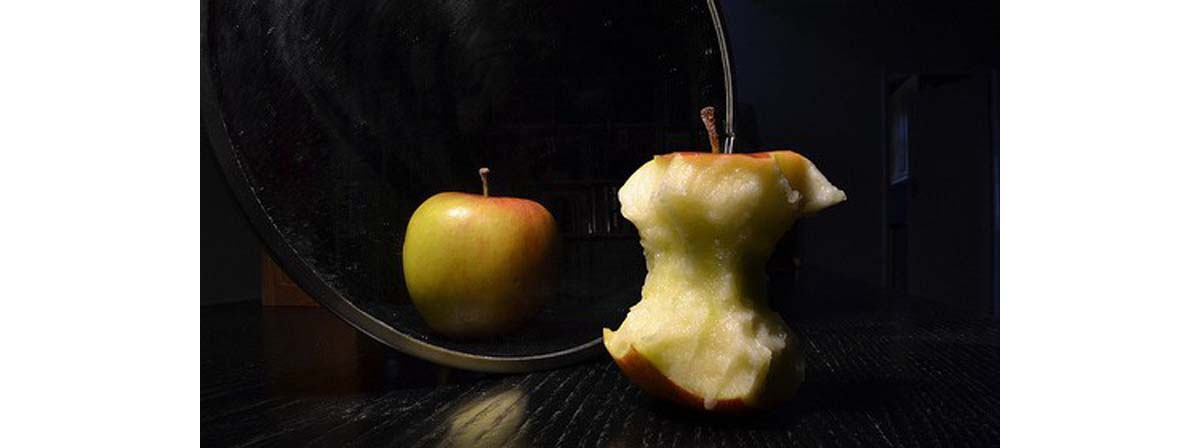Table of Contents
A recent research conducted by Melissa A. Munn-Chernoff and her fellow researchers from the University of Washington University School of Medicine suggests that there is a genetic correlation between alcohol abuse and eating disorders such as binge eating and compensatory behaviors.

For the study, Munn-Chernoff and her colleagues formed a sample population comprising 6000 adult twins in Australia. The twins selected were identical twins as they are known to share 100 percent of their genetic makeup in comparison to fraternal twins who share only half of their genetic makeup. As part of the study, each twin was required to answer a questionnaire related to their past history regarding the use of alcohol and binge eating. The study found that some of the genes that could influence alcohol dependence were also found to influence the binge eating behavior in both men and women.
While analyzing and collecting data for the study, the researchers focused on two aspects of the eating disorders- binge eating and compensatory behavior such as self-induced vomiting and the use of laxatives and diuretics.
The key outcomes of the study are listed below:
- Of all the participants that were part of the study, almost 25% of the men and 6% of the women were alcohol dependent at some point in their lives.
- About 13% of the women and 11% of the men had an eating disorder or were binge eating.
- Of all the women who were part of the study, about 14% were involved in the use of compensatory behavior such as using laxatives and self-induced vomiting.
- The study also found that on a scale of zero (no shared genes) to one (all genes shared), there was a .26 correlation between alcoholism and eating disorder.
The researchers also found that genes significantly influenced the chances of getting involved in any of the three disorders. It was found that some of the genes that were linked to alcohol abuse were also linked to binge eating and compensatory behavior. The research, however, was not able to pinpoint the exact genes that were responsible for this outcome.
The research is significant because health professionals need to be aware of the linkage between eating disorders and alcohol abuse. They can then suggest interventions for treating both of the conditions at the same time.
Factors Influencing the Occurrence of Eating Disorders and Alcohol Abuse
Eating disorders and Alcohol abuse often coexist. People suffering from eating orders are more prone to developing problems related to alcohol abuse, and vice versa. Common factors that can influence the occurrence of eating disorders and alcohol abuse are listed below:
- Individual factors: In most instances, people take to forms of disordered eating and alcohol abuse as a mechanism of coping with stress borne out of a trauma or some form of mental health problem.
- Family factors: Though families are the best protective and supportive factors for the prevention of such disorders, at times, stressful events in a family such as a divorce, death, or some other loss can trigger the occurrence of eating disorders and alcohol abuse.
- Community factors: Many times people are easily influenced by the views of the society and the manner in which the media portrays an ideal male or a female body. Such portrayals of the ideal body type can aggravate problems related to eating disorders. Moreover, the use or abuse of alcohol as depicted in movies and television can have a negative influence on the young, impressionable minds.
Treating co-occurring disorders such as alcohol abuse and eating disorders needs a through psychiatric and medical examination to arrive at an appropriate treatment plan.
- “A Twin Study of Alcohol Dependence, Binge Eating, and Compensatory Behaviors”, by Melissa A. Munn-Chernoff, et al. Published in the September 2013 issue of the Journal of Studies on Alcohol and Drugs, accessed on September 9, 2013
- “Co-morbidity of eating disorders and substance abuse review of the literature” by Claire C. Holderness, et al. Published in the Volume 16, Issue 1 of the International Journal of Eating Disorders, accessed on September 9, 2013.
- Photo courtesy of emma.buckley by Flickr : www.flickr.com/photos/emma_buckley/3187318751/
- Photo courtesy of Benjamin Watson by Flickr : www.flickr.com/photos/schnappischnap/8970182946/

